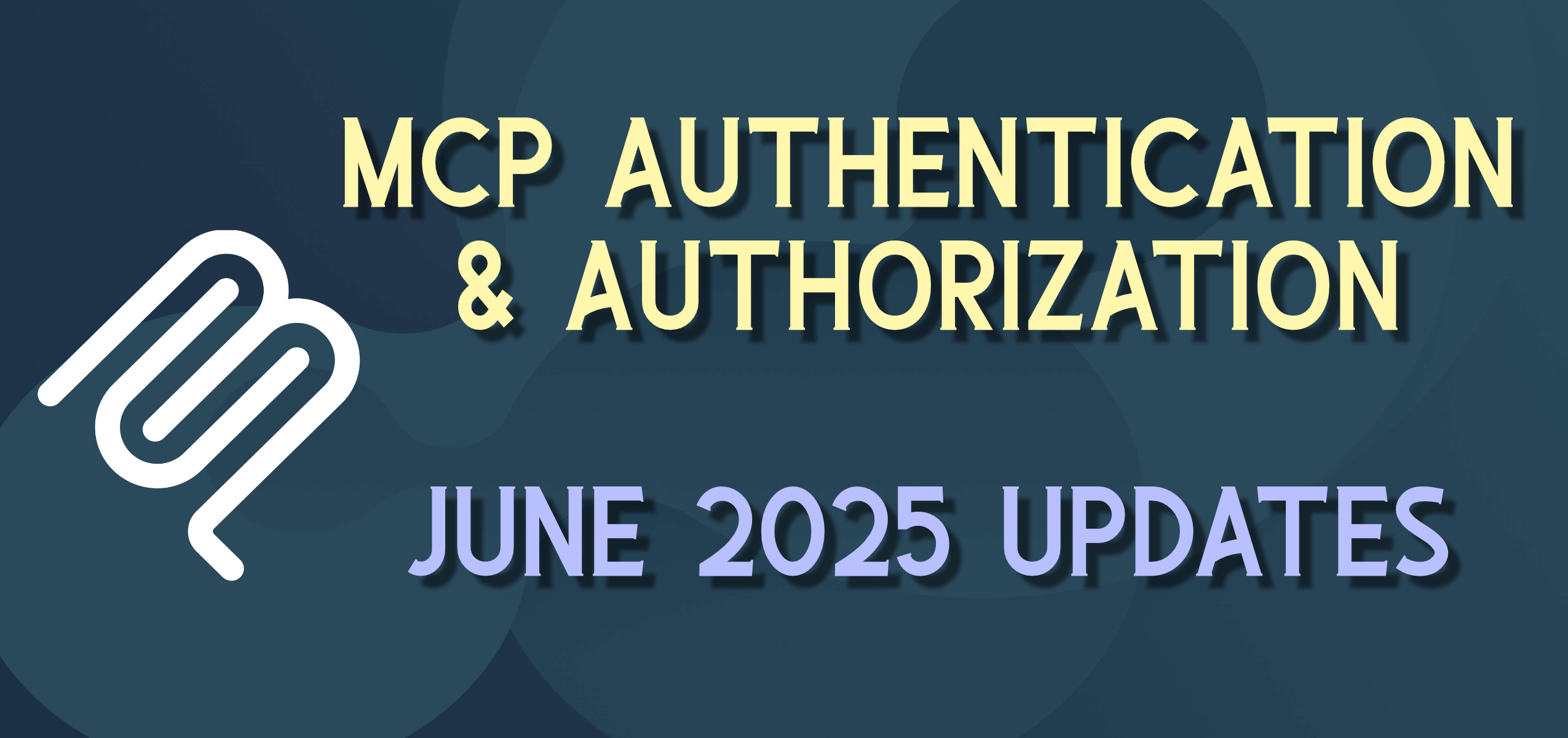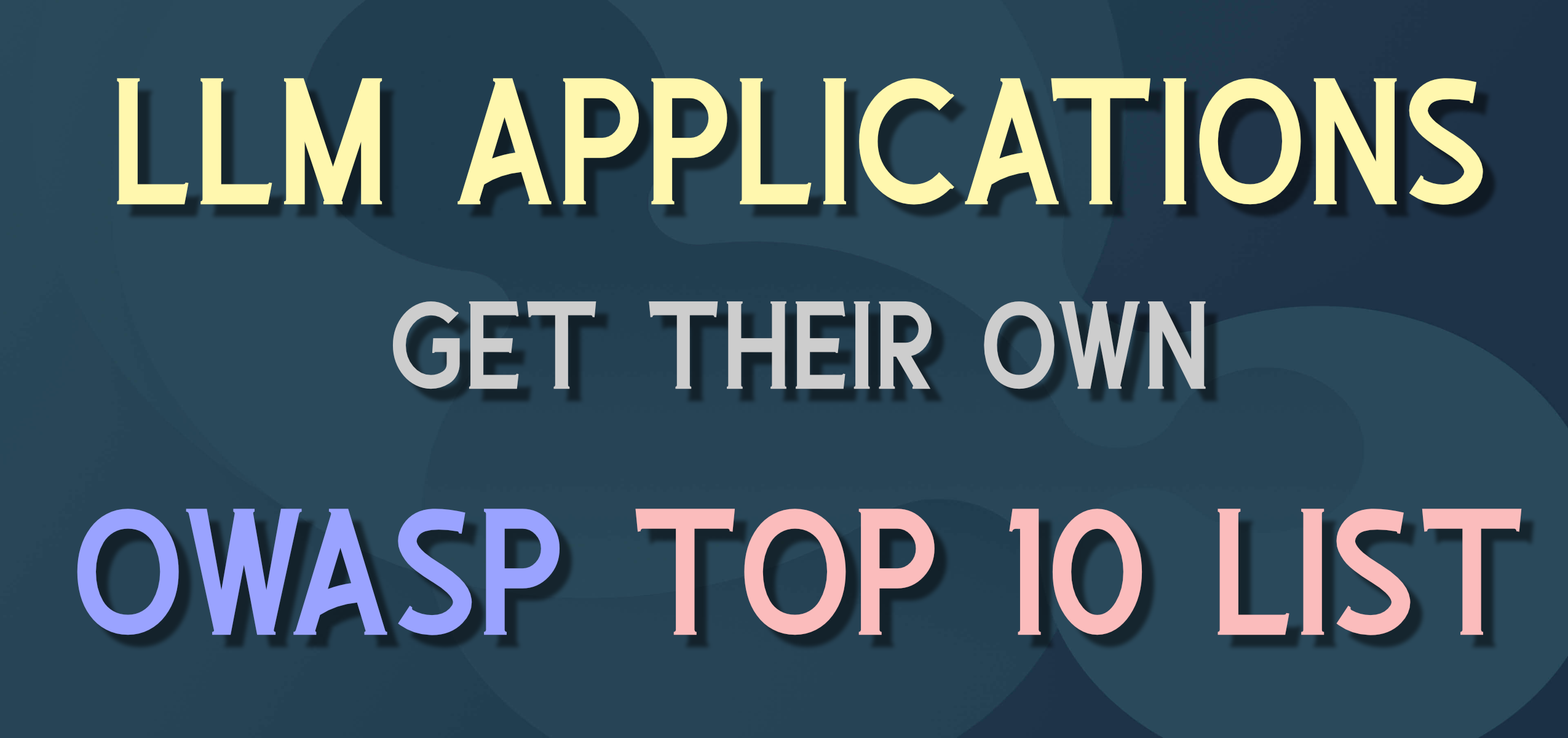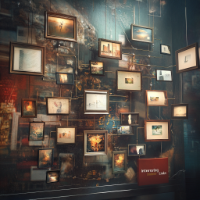Continuous Learning Lessons from Leaf Blowing
Funny how something as simple as teaching your daughter to use a leaf blower can reinforce and confirm ideas about learning any new skill. This last week my daughter saw me “playing” with a leaf blower and showed some real interest in trying it out herself. What happened next would drive some classic/corporate staff development / training people crazy, or more accurately what we didn’t do. We …
- Didn’t go get my daughter leaf blower manual and have her read through it (and have a written test for her afterwards).
- Didn’t tell her to go Google “Leaf Blowing” and see what other people trying to leaf-blow had done
- Didn’t sign her up for the two-day “Leaf Blowing 101” class, or get us plane tickets to Vegas for the latest “Leaf Blowing Futures 2009” Conference.”
- Didn’t start her on a fake project in the “Leaf Lab” where she blows artificial leaves through a series of increasingly complicated leaf-blowing scenarios
- and I Didn’t buy her the latest “Leaf Blowing for Dummies” or “Leaf Blowing Mastery in 24 hours or Less”.
What we did do was what I imagine
- Did work on it together / take turns on actual leaf blowing
- Did share the work / joint “leaf ownership”
- Talked very briefly about the strategies for moving a large number of leaves to a central location
- Got started by modeling some basic leaf blowing techniques
- In under 5 minutes had her actually leaf blowing on real-world leaves on an “active project”
- As we worked together I never even considered if we could increase productivity by getting a second leaf blower – then we could split up the leaf blowing tasks and work in isolation.
Why is it when, as professionals, we get a new member of a team or a new project, we don’t do what comes so naturally when we work with our kids on a new skill. All the basic strategies still work, and still work well. Once we get the idea that learning can only come from a book or a class, or worse yet – that our training or learning is the responsibility of anyone but ourselves, we really lose sight of the most natural and powerful models for learning. Learning is a continuous process of people working together, as a community, and sharing the knowledge and the load.



